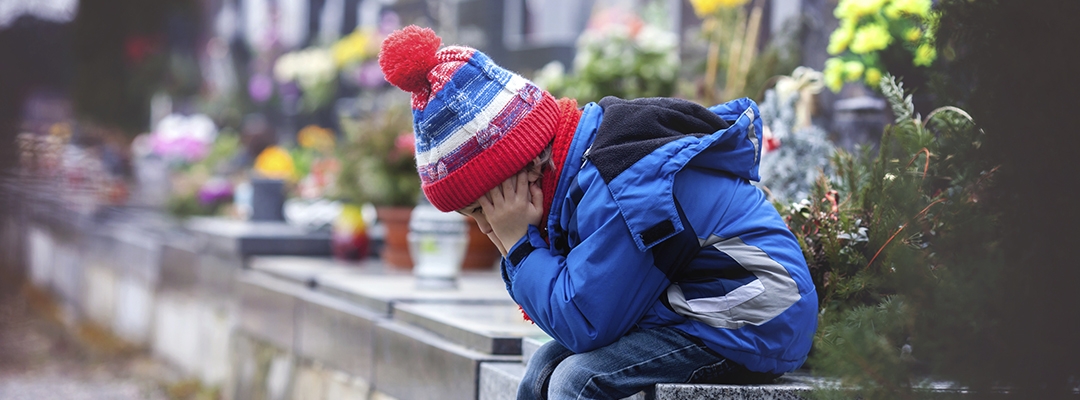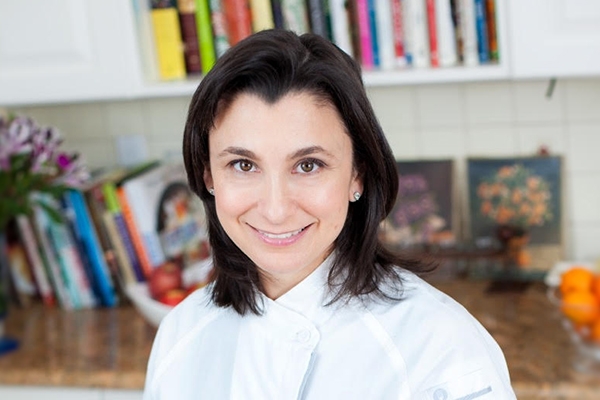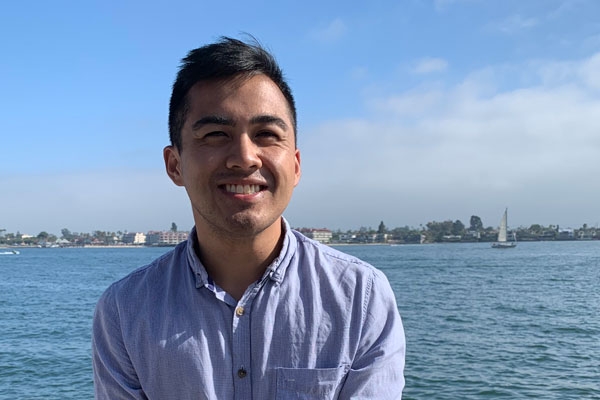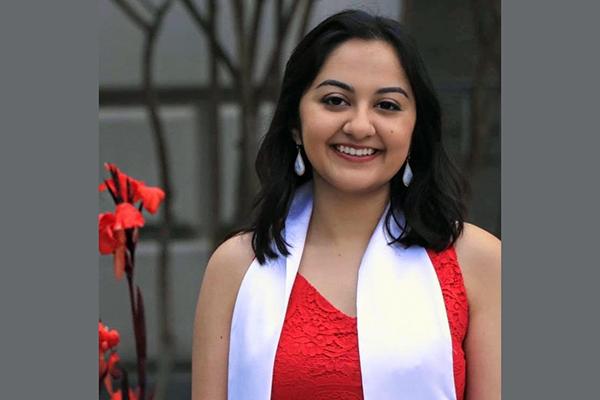"You cannot die of grief, though it feels as if you can. A heart does not actually break, though sometimes your chest aches as if it is breaking. Grief dims with time. It is the way of things. There comes a day when you smile again, and you feel like a traitor. How dare I feel happy. How dare I be glad in a world where my father is no more. And then you cry fresh tears, because you do not miss him as much as you once did, and giving up your grief is another kind of death."
—Laurell K. Hamilton, author, quote on "grief," goodreads.com
Grief. It is a natural response to a loss—not just from a death, but other circumstances. The more significant the loss, the more intense the grief will be—sometimes more than an ordinary person can bear without outside help. Many seek counseling to help them pass through the many stages of grief. And counselors need to have a refined set of skills to help those patients go through their own recovery.
UC Berkeley Extension’s Professional Program in the Study of Loss and Grief helps current therapists and those interested in becoming counselors understand current issues in the field of loss and grief counseling and make better assessments of patients.
One of the two required courses in this program is a two-day workshop: Introduction to Loss and Grief Issues: Refreshing Old Skills, Learning New Skills. The course provides those in counseling—and those interested in pursuing the field—with the basics of loss and grief and recent approaches to grief counseling.
Lead instructor Susan Moore, M.A., FT, is also the former grief counseling director for the Contra Costa Crisis Center. We spoke with Moore about the changes she’s seen in the field of loss and grief counseling.
Why is the subject of loss and grief so important for therapists and counselors to understand?
Loss and grief is a human experience that knows no boundaries of age, wealth, education, geography or religion. We only escape the pain of loss if we are unable to feel an attachment for anything—a person, a place or a thing. These things need to be discussed. This introductory workshop has a team of guest instructors who expose therapists, clergy and others studying loss, death, illness and trauma to different social, emotional, personal and ethical perspectives. The team wants to support and train people who want to help, serve and work rather than those who only observe from a distance. The loss and grief skills workshop aims to provide practical—in additional to theoretical—approaches to the subject.
How has loss and grief counseling changed from when you began working as a grief counselor at the Contra Costa Crisis Center?
I retired three years ago, but during my tenure as the grief counseling director I saw more community collaboration from smaller nonprofit organizations (many of which are gone now), and more emphasis on lay-counselors providing basic support services (although, not doing therapy). Fortunately, the faith community and veterans’ programs continue to be there for its members, but that doesn’t cover or include everyone who experiences loss and grief. There used to be a greater availability of support groups for a wide range of topics—not just death—such as job loss, pet loss, divorce, acute or chronic illness diagnosis, losing someone to drug or alcohol use, family incarceration and so on. These types of support groups still exist but are fewer and harder to find. As a result, many bereaved turn away from face-to-face support and turn to the Internet and chat rooms, which can be wonderful—or disastrous.
1 in 5 children will experience the death of someone close to them by the age 18.
Is there more of a need for therapists trained in trauma-related loss and grief today, due to what seems like an increase in violent incidents across the United States?
The short answer is “yes,” but we have always had the need—not suddenly more, just more knowledgeable. Now, we are learning more effective ways to help and better understand the changes to our brains and in our bodies when we are traumatized, when we are depressed and when we are grieving. Fifteen years have passed since the horror of 9/11, and you could make a long list of events that have occurred, even before Columbine and Oklahoma City. My generation was shocked by Kennedy’s assassination and by Vietnam. The suicide rate is climbing, opioid use is epidemic, but there are still living Americans who survived WWII and the Korean War.
So to be effective in today’s world, I would encourage therapists and counselors to become knowledgeable in current trauma-related treatments and interventions, as well as knowledgeable about current ideas to support grieving individuals. I am not only speaking about therapists and their clients, but all those additional paraprofessionals (such as those working with the aging population, working in human resources, working with the unemployed) who interact daily with people who are hurting, and who want additional resources and training. In this two-day introductory workshop, we want to be able to think outside the traditional box with boundaries, limits and fears, and to provide a broad view, because in some cases it is the best way to help.

Susan Moore, M.A., FT, Extension Honored Instructor, had been the grief-counseling director for the Contra Costa Crisis Center for 35 years. She has written a handbook for grief support groups and is a trainer for the California SIDS Program. Moore is certified as a Fellow in Thanatology with the Association for Death Education and Counseling, and has been an instructor in the Professional Program in the Study of Loss and Grief since its inception.




